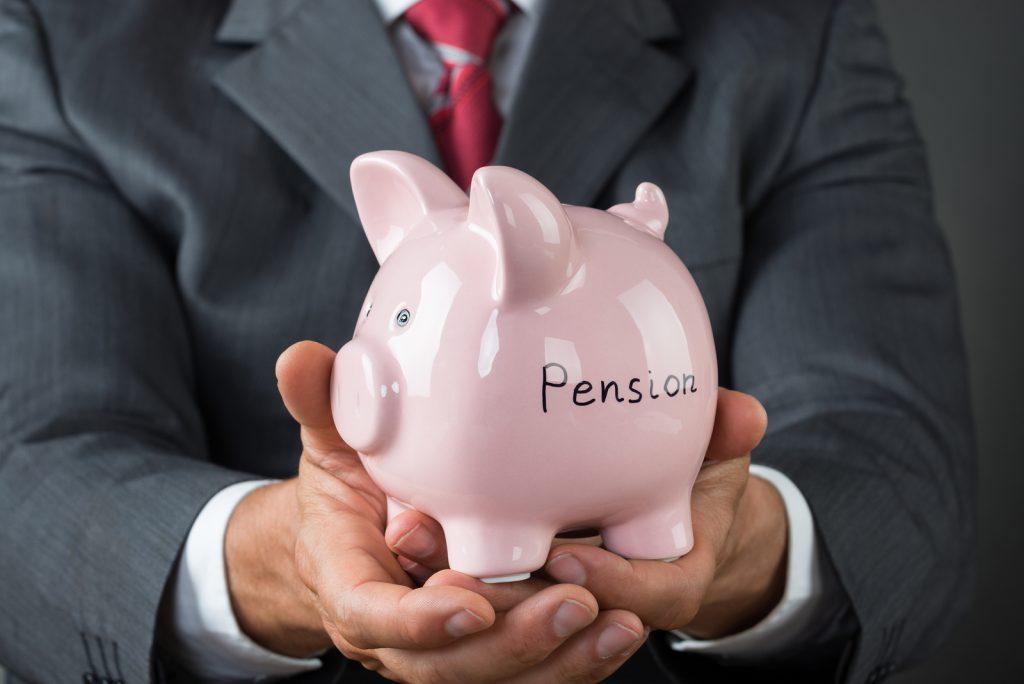Auto-enrolment responsibilities
The auto-enrolment scheme has been met with both praise and complaints from different people. Employees tend to look on the scheme favourably while businesses have claimed that it has put  pressure on them and complicated matters.
pressure on them and complicated matters.
Earlier this year it was revealed that the number of businesses failing to enrol their staff in a government pension scheme had grown.
This is despite the penalties. A business that fails to comply will be subjected to fines of up to £500 a day for small businesses with more than five staff. Those with less than four workers will still receive penalties of £50 a day.
Last year when thousands of small businesses became obliged to provide pensions, the Pensions Regulator issued formal written warnings to 2,596 companies who had failed to set up pensions on time. While most businesses have complied, there are still growing numbers of businesses who have yet to do so.
Pension deficits
Pensions expert LCP said that FTSE 100 firms have allowed their pensions deficits to grow extensively. They said in their annual report that by the end of July the deficit was around £46bn, up from £25bn from the previous year. By August this year it had grown further to a massive £63bn.
The reason for this is said to be because of lower bond yields, which has been affected by the UK’s vote to leave the EU and the Bank of England’s decision to cut interest rates. This reduces the amount of income from investments but this effect has been slightly offset by the fall in sterling’s value.
LCP told the BBC that the high profile cases of BHS’s collapse and the potential sale of Tata Steel’s UK operations, had “highlighted the significance of corporate pension liabilities”.
Dividend priorities
According to the LCP, top UK firms paid on average five times more into dividends than into pensions, showing that the priorities lie with those at the top rather than those who keep the company afloat during the day.
FTSE 100 companies paid £13.3bn towards pension schemes in comparison to the £71.8bn paid out in dividends to shareholders.
The report revealed that the biggest pension deficit in the FTSE 100 is BT at £7.6bn. Tesco comes second at £4.8bn followed by BAE Systems with £4.5bn.
The most high profile example at the moment is BHS, whose recent collapse revealed an estimated pension deficit of around £700m. In contrast, those in charge of the decisions that led to BHS’s collapse and the resulting job losses are able to enjoy lavish lifestyles as a result of dividend pay outs.
Bob Scott, partner at LCP pointed out that those companies who pay high dividends are in a better position than others to fund pensions and should be making more effort to do so fairly.
“If they can pay afford to pay out in a single year, dividends that are 25% more than the deficit, then they can manage their pension funding over the period,” Scott said to the BBC.
“I think there is going to be some attention focused on the level of dividends for companies that have large pension deficits.”
LCP has said that FTSE 100 companies could reduce their pension contributions by 5%, around £30bn if they were allowed to change how the annual inflation-linked increase in benefits is calculated from the current retail price index (RPI) to the lower consumer price index (CPI).
Others disagree like pensions consultant John Ralfe who suggested a different approach to the current system. “Why should pension scheme members lose out when shareholders continue to be paid cash dividends? It can only be fair to members if dividends are stopped and they can only start again once the full RPI lost is paid to pension scheme members.”





Leave a Reply